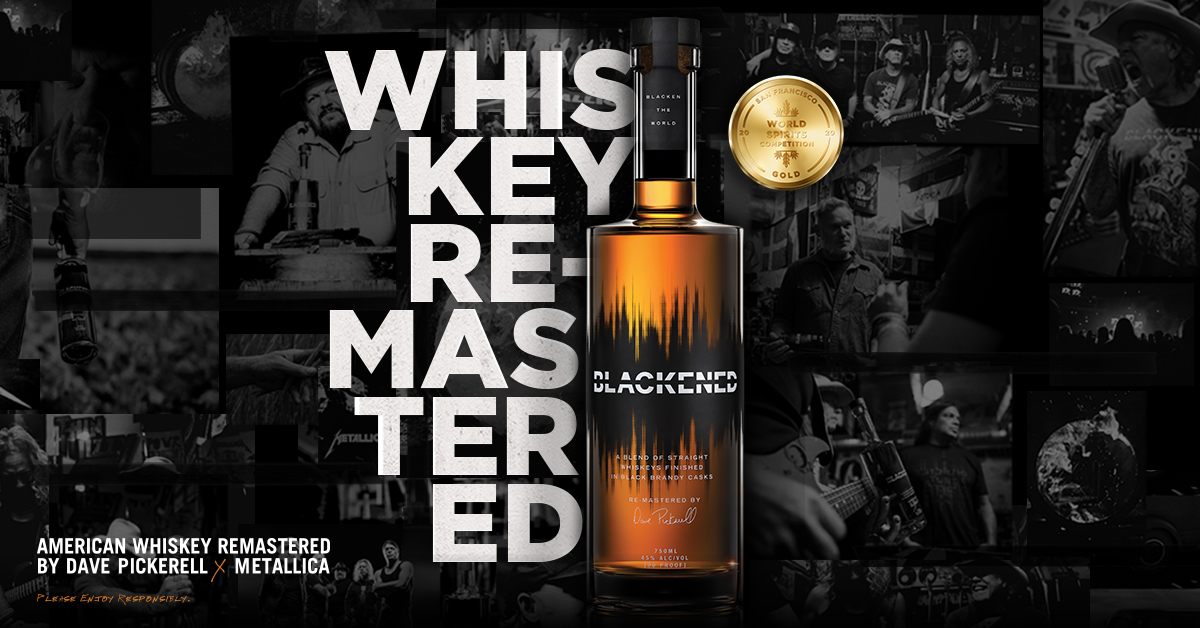Bad Boy Bubby remains a cult staple of Australian cinema, twenty-eight years after its release. In this interview, director Rolf de Heer talks about his still-beloved film and where he believes it stands with today’s viewers.
The special edition Blu-ray of Bad Boy Bubby is being released by Umbrella Entertainment as part of their Beyond Genres range.
The idea of “coerced captivity”, where the protagonist has been told the outside world isn’t habitable, was completely original when Bad Boy Bubby was released. This premise has been used since then: Dogtooth, Brigsby Bear and even The Unbreakable Kimmy Schmidt. You were the first of all of these – how does that feel?
[Bad Boy Bubby] is the only one of its kind, really. I don’t see it as a forerunner, because other people will come up with things like that anyway. But it’s a unique film that sits by itself – it’s not like anything else. It works for many people. It doesn’t work at all for some people – and some people hate it. But it’s interesting – 28 years later, it’s a film that people still want to see.
Do you think the film would be more or less successful if it were released today?
It could be more successful, I don’t know. The conditions are different. Humanity has changed radically. The way we think has changed. Social media has shifted everything – it didn’t exist when [Bad Boy Bubby] was made. [Social media] has made people behave differently towards each other and therefore they receive films differently. Still, people watch [Bad Boy Bubby] and like it on a small screen, and that’s a different experience to the big screen. So I don’t know – there is still some sort of demand for it.
You handle the film’s high-impact content in a way that it really does contribute to the film as a whole and make the ending really resonate. But how do you balance what you can and can’t say? Is there a boundary you wouldn’t cross?
The film came about in part because of boundaries – because I do have boundaries. One of the areas I was interested in is the way kids can be abused. I remember standing in somebody’s yard and [saw] a kid copping it from his mother and just screaming “Mummy! Mummy! I love you! I love you!” while he was being beaten up. I’ll never forget that. But how do you do that on film without crossing boundaries? Without potentially psychologically damaging the five-year-old kid you’re working with? You can’t, and so you don’t. And so Bubby is an adult-child. That’s because I’m stepping back from that boundary.
Bubby goes through a lot of trauma in the duration of the film. What made you decide to ultimately give him a happy ending?
I did have another ending in mind and at one point: well into the shoot, there were a bunch of politicians who wanted to bring the death penalty back in Australia. I was so outraged that I thought “well, we’ll change the ending: what will happen is that we’ll be at that final concert, with Bubby is doing his thing, and the cops will come in and they’ll arrest him and charge him and hang him.” I was so angry about it, but I was counselled to stick to the original ending and I think that was the right decision.
[The ending] isn’t all just happy happy happy. But what I wanted to say was that there is the possibility of some sort of happiness even for badly damaged people if we treat them with enough love and care and attention. There is the possibility of redemption.
What do you want the main takeaway of the film to be?
I never think about those things. I never think “I want the film to do this” or “I want the film to do that”. I don’t intellectualise the content of the film at all when I’m writing it or when I’m making it. That tends to happen afterwards – when people look at the film and go “what about this?” And I go “oh, I never thought about that! But now that you mention it…”
If I try to do this or that, I start to contrive things. I find when I’m in the cinema and I come across those sort of contrivances, I go “ugh!” and I don’t want that in what I do.
You can find the newly-released Blu-ray version of Bad Boy Bubby on Umbrella Entertainment’s official website. Extra features include:
- Audio commentary with director Rolf de Heer and star Nicholas Hope
- Christ Kid, You’re a Weirdo – Interview with Rolf de Heer
- Being Bubby – Interview with Nicholas Hope
- Popcorn Taxi Q&A with Nicholas Hope
- 25th anniversary Q&A with Nicholas Hope and Natalie Carr
- Confessor Caressor – Short film
- Stills gallery
- Theatrical trailer
- Binaural headphone recording
article by Charlotte Daraio






